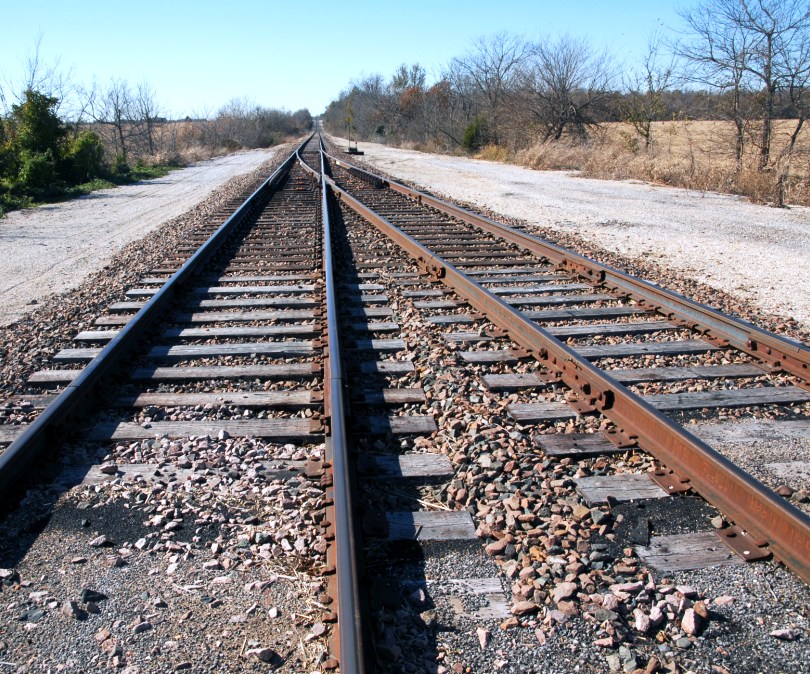
Some passengers were able to break the toilet windows of the train, but other victims were overcome by the thick, swirling smoke and bodies were found heaped at the windows and doors, reports said.
"We were suffocating because we couldn't get the windows open, the windows are really strong," one young man who survived but who lost his cousin to the flames told India's NDTV news.
Rescue officials said many bodies were charred beyond recognition and would have to undergo DNA tests to determine their identity.
"Rescue teams have so far recovered 26 bodies from the three-tier coach of the train while five of the eight injured have been admitted to hospital for emergency treatment," South Western Railway spokesperson S. Biswas told AFP.
Forensic teams were on their way to the train site to collect body samples for analysis, The Press Trust of India reported.
Prime Minister Manmohan Sigh expressed "shock and grief at the loss of life in the train accident in Andhra Pradesh" in a statement on his official Twitter account,
The carriage was gutted by the inferno and was a mass of twisted metal and melted plastic seats. Adjacent coaches also bore scorch marks, testifying to the ferocity of the fire.
There were conflicting reports about the number aboard with police saying 65 while national Railways Minister Mallikarjun Kharge said there were 67 people in the carriage, sleeping six to a compartment.
Kharge told AFP the blaze was believed to have been caused by an electricity fault.
India's underfunded, accident-prone rail network, one of the world's largest, is still the main form of long-distance travel in the huge country despite fierce competition from private airlines.
The coach caught fire in the pre-dawn hours as it travelled from the high-tech city of Bangalore to Nanded, 180 miles (300 kilometers) from the Hyderabad city.
Two of those who died were children, railway officials said.
The exit doors of Indian trains are customarily locked at night, reports said, while the carriage windows are covered with bars, making escape all but impossible.
The toilet windows are the only ones that have no bars and the spaces and berths are narrow.
The tragedy comes a little over a year after another train accident in the same state of Andhra Pradesh killed 32 people and shone the spotlight again on the Indian rail network's dismal safety record.
That train was also carrying sleeping passengers and was also attributed to an electrical fault.
It was not immediately known whether more bodies would be found, police said.
Initial relief efforts were hampered by winter fog, local reports said, while the first people to reach the blazing train carriage were from nearby villages.
Railways Minister Kharge said the railway board chairman would lead an inquiry into the cause of the accident and a more complete report would be issued later.
The engine driver stopped the train when he spotted flames about an hour away from Nanded, a police officer was quoted on The Hindu newspaper website as saying.
Rescue workers brought out the bodies as the smoke abated.
The prime minister said he had told railway and state government authorities "to extend all possible help to the victims in rescue and relief operations".
India's worst rail accident was in 1981 when a train plunged into a river in the eastern state of Bihar, killing an estimated 800 people.
COMMENTS (7)
Comments are moderated and generally will be posted if they are on-topic and not abusive.
For more information, please see our Comments FAQ

1731916090-0/sabrina-(3)1731916090-0-165x106.webp)


1732020599-0/BeFunky-collage-(73)1732020599-0-165x106.webp)



1731996868-0/Untitled-design-(7)1731996868-0-270x192.webp)








We can only pray for the deceased rather than getting into arguments about the railway systems.
very sad incident.
@Saj: On an average 12 people are killed in Mumbai train related accidents every single day..the highest rate in the world. More than 15,000 dies in the country on train tracks. Says so much of the safety of the train travel in India.
http://www.dnaindia.com/mumbai/report-12-people-die-every-day-on-mumbai-s-suburban-railway-network-1456663
Condolences to the families of the dead. It is always heart wrenching when children loose their lives in tragic accidents like these.
Perhaps the Indian authorities should have looked at the safety record of the Indian railways in 2002 and the Godhra/Gujarat riots cold have been prevented had the truth come been allowed to come out.
They are SHAHEED; those Muslim women, children and the old and young who died in those riots at the hands of hate-filled hearts of the Hindu fundamentalists.
This is the standard safety measure of Indian Railways? :
"The exit doors of Indian trains are customarily locked at night, reports said, while the carriage windows are covered with bars, making escape all but impossible."
It would be nothing short to comical but the tragic deaths,
@ : Saj: in response to your post, i just want to say this..the accident and the loss of lives is very unfortunate. But sorry to say, train accidents occur in countries where trains run. And therefore, such an unfortunate incident is a distinct possibility in Pakistan. regards joy
Absolutely pathetic. For a country that claims or wants to be a superpower, it really amazes me as to how often India seems to be experience such accidents. I would kindly inform all my Indian brothers to take care of the problems back home before having the audacity to offer advice to Pakistanis regarding the problems we (Pakistan) face. I really do feel that in a lot of areas (media, creative entrepreneurs) Pakistan is ahead and in the few areas (law & order, power infrastructure) that we lag, concerted effort is being made by all sections of the society, media, intelligentsia, private sector and to a lesser extent the Govt of Pakistan in making lives better for everyone.
I hope my Indian brothers would take this advice in the right spirit.
Peace & Love Saj